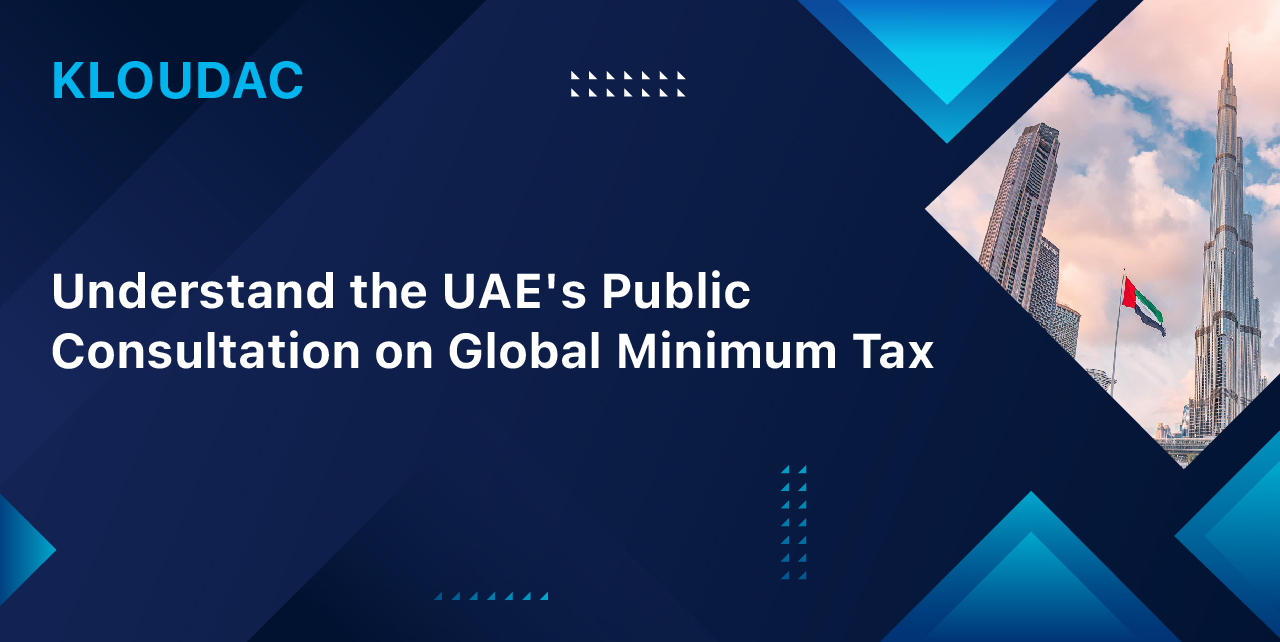The Global Minimum Tax, applying to Multinational Enterprises (MNEs) with annual revenue exceeding 750 million Euros, mandates a minimum effective tax rate of 15% on profits. This measure aims to curb tax competition among countries and address base erosion and profit shifting issues. If an MNE pays below the minimum rate in one jurisdiction, a top-up tax is levied elsewhere to ensure compliance with the 15% threshold.
The UAE Ministry of Finance is conducting a public consultation on the Global Minimum Tax, seeking feedback from stakeholders on its implementation. This includes input on integrating the tax into the UAE’s Corporate Tax system and minimizing compliance costs. The consultation covers key elements such as the income inclusion rule (IIR), undertaxed profits rule (UTPR), and domestic minimum top-up tax (DMTT).
Pillar Two of the OECD/G20 Inclusive Framework on BEPS outlines the framework for the Global Minimum Tax. This pillar incorporates interlocking rules like the IIR and UTPR to ensure MNEs pay the minimum tax globally. The UAE’s consultation aligns with international efforts towards implementing these rules, reflecting proactive engagement in global tax reforms.
While the UAE has signed the GMT agreement and amended its tax laws, specific measures are yet to be finalized. Companies meeting the criteria for MNEs will be subject to the GMT in the UAE. The implementation of similar measures worldwide indicates a global shift towards minimum tax regimes, with over 40 countries progressing in this direction.
KLOUDAC Accounting Firm Dubai, UAE
Efforts to implement the Global Minimum Tax require international collaboration and integration with diverse corporate tax systems. Despite challenges, KLOUDAC helps with this initiative aims to ensure fair taxation globally and prevent tax avoidance strategies. The UAE’s consultation reflects its commitment to gathering diverse perspectives and shaping policies aligned with global tax reforms.
